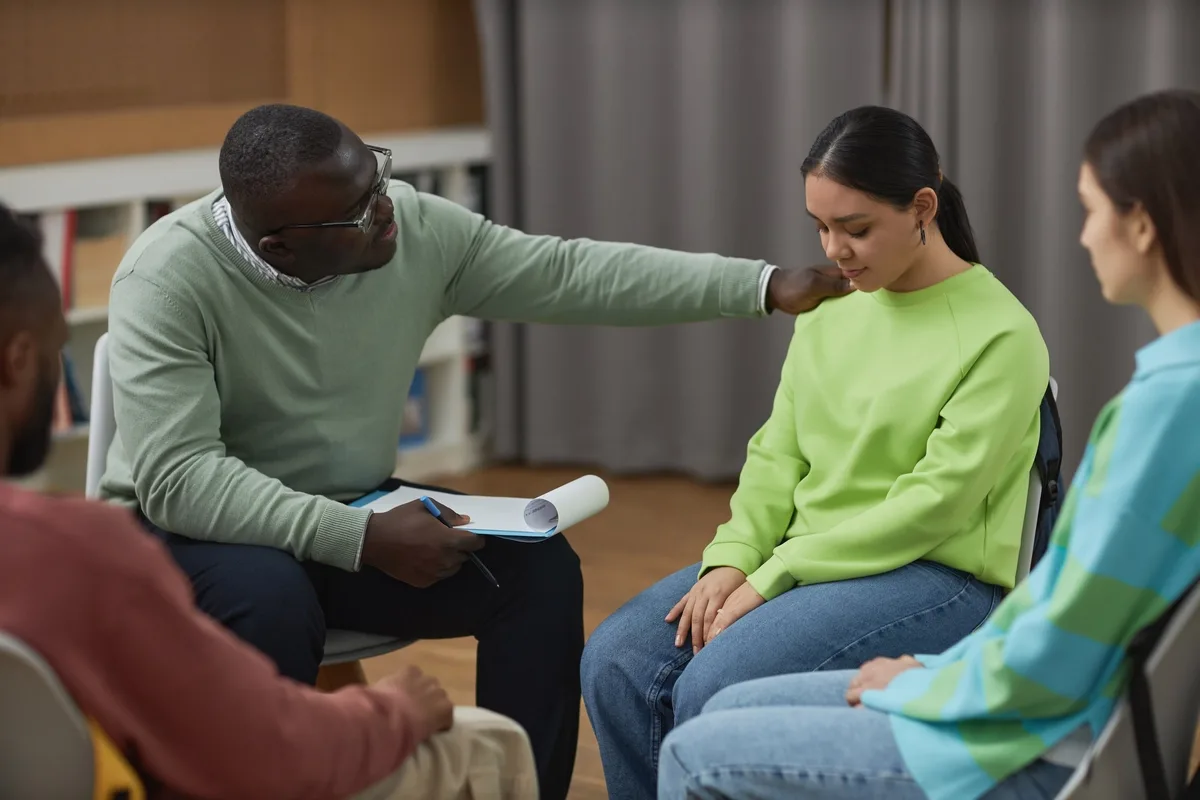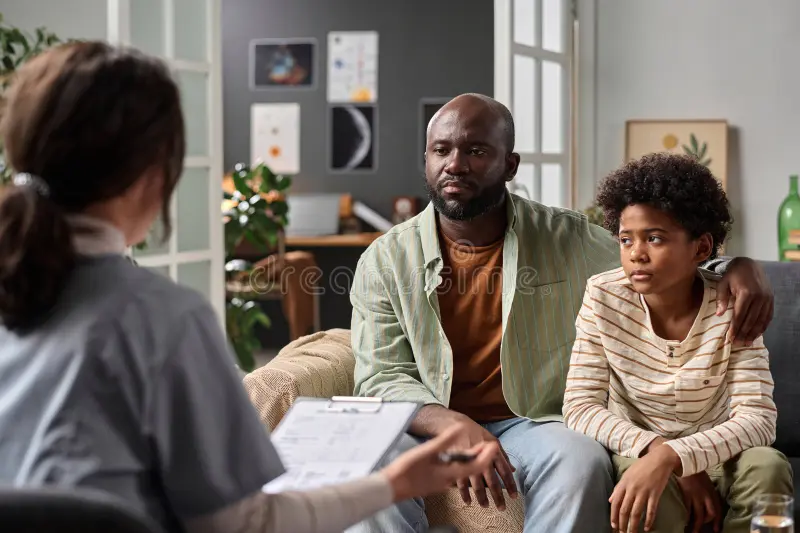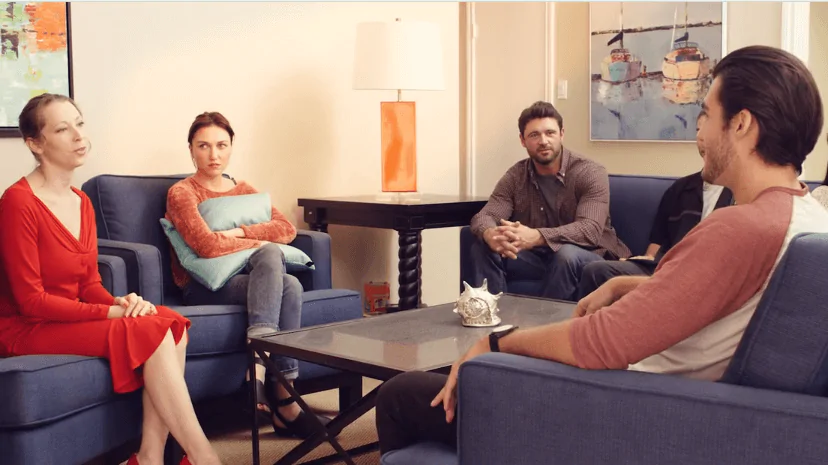24/7 Helpline:
(866) 899-221924/7 Helpline:
(866) 899-2219
Learn more about PTSD Treatment centers in Ovid
PTSD Treatment in Other Cities

Other Insurance Options

GEHA

Optima

Coventry Health Care

American Behavioral

Ceridian

Choice Care Network

Magellan

Lucent

Evernorth

PHCS Network

CareSource

MVP Healthcare

Absolute Total Care

Private insurance

Medical Mutual of Ohio

WellPoint

Anthem

Molina Healthcare

EmblemHealth

Optum

Dick Van Dyke Addiction Treatment Center
Dick Van Dyke Addiction Treatment Center offers inpatient treatment for individuals with alcohol and...














